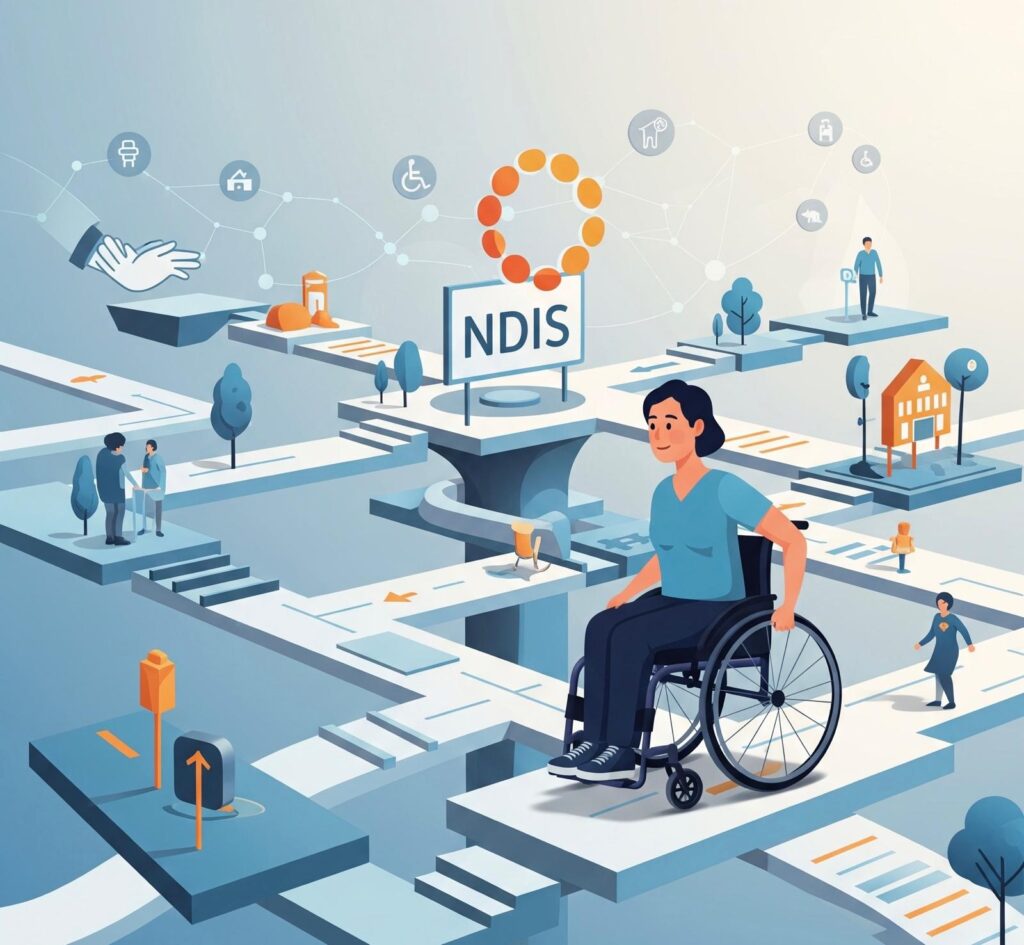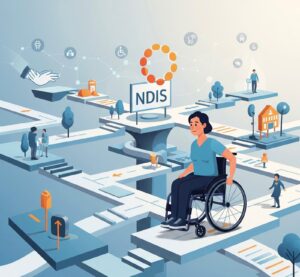The term “Trump Derangement Syndrome” (TDS) has become a popular phrase to describe extreme, often irrational, emotional reactions to former U.S. President Donald Trump. Used largely as a pejorative term, TDS is often invoked to characterise the intense fear, disdain, or preoccupation with Trump’s influence, policies, and personality that some individuals display. This article explores the psychological roots of TDS, examining how extreme political reactions reflect broader psychological phenomena and the role of media, social identity, and cognitive biases in shaping these responses.
Keywords: Trump Derangement Syndrome, political psychology and polarisation. Extreme political reactions, Media influence on mental health, Cognitive biases in politics
Understanding Trump Derangement Syndrome
Trump Derangement Syndrome has evolved as a phrase that encapsulates extreme opposition. In essence, TDS reflects the idea that emotions surrounding Trump can become so intense that they overshadow objective reasoning and lead to polarised, sometimes unhealthy, responses (Pennycook & Rand 2019).
Although not a recognised psychological diagnosis, TDS mirrors concepts within political psychology and cognitive science, where political beliefs and emotional responses intersect. Researchers have studied similar reactions to other political figures, noting that high-stakes political environments can intensify fear or hostility toward polarising leaders (Mutz 2018).
Psychological Roots of Extreme Political Reactions
1. Cognitive Biases
Cognitive biases, such as confirmation bias and motivated reasoning, play a crucial role in shaping political opinions. Confirmation bias leads individuals to seek out information that reinforces pre-existing beliefs, while motivated reasoning encourages them to justify those beliefs, even in the face of contradictory evidence. These biases can create echo chambers, where negative emotions toward political figures like Trump are continuously reinforced (Kunda 1990).
2. Social Identity Theory
Social identity theory explains how individuals categorise themselves and others based on group affiliations, such as political party membership. In a polarised context, people may perceive their political opponents as fundamentally different, or even morally inferior. Support or opposition to Trump has, for some, become part of their social identity, creating intense emotional responses that go beyond policy disagreements (Tajfel & Turner 1986).
3. The Role of the Media
Media coverage can play a substantial role in heightening extreme reactions to political figures. In the case with Trump, the vast majority of the media coverage by many major media outlets has been nearly exclusively negative. This level of negative media scrutiny has not been experienced by the general public in recent years. Research shows that sensationalist media framing, especially in politically divided contexts, can amplify fear and hostility by reinforcing negative narratives. Social media platforms further intensify these reactions by creating “echo chambers” that isolate users from opposing views, strengthening their sense of opposition or devotion (Mutz 2018; Pennycook & Rand 2019).
Manifestations of Trump Derangement Syndrome
The symptoms of TDS, while varying from individual to individual, often include:
- Intense Anxiety and Fear: For those on the opposition side, TDS may manifest as excessive worry or fear regarding Trump’s policies, rhetoric, and influence. This can extend to fears about the state of democracy, civil rights, or national security.
- Obsession and Rumination: Individuals affected by TDS may become preoccupied with Trump, spending significant time and energy discussing or critiquing his actions, even when they are not directly relevant to current events.
- Disrupted Relationships: Intense political views can strain relationships, with some families and friendships fractured over disagreements regarding Trump. This is a common feature in political polarisation, where political beliefs become deeply personal (Iyengar et al. 2019).
While these manifestations may appear unique to Trump, similar responses have been observed toward other controversial political figures. The extreme emotions triggered by TDS are often symptoms of deeper political divides that are heightened by personal, social, and cultural influences.
The Impact of TDS on Mental Health
Prolonged exposure to highly charged political content and extreme emotional reactions can have serious consequences for mental health:
1. Chronic Stress and Anxiety
Political anxiety is a documented phenomenon, and for those with TDS, chronic stress can lead to symptoms similar to generalised anxiety disorder. Political stress is known to increase levels of cortisol and disrupt sleep, leading to physical and mental health issues over time (Martinez & Pilkington 2020).
2. Social Isolation
When political views become all-consuming, they can isolate individuals from their communities or support systems. Family disagreements and social media arguments can heighten feelings of alienation, especially when one’s social circle does not share the same views (Iyengar et al. 2019).
3. Decreased Life Satisfaction
Studies indicate that individuals who experience intense political stress report lower life satisfaction and poorer quality of life. This reflects the impact of TDS on everyday happiness, as those affected often report feeling constantly distressed or dissatisfied due to ongoing political events (Mutz 2018).
Managing Unhealthy Political Obsessions
While it is natural to feel strongly about political issues, recognising the signs of an unhealthy obsession and implementing coping strategies can help mitigate the impact on mental well-being:
1. Limiting Media Consumption
Reducing exposure to sensationalised news or polarising social media content can help alleviate symptoms. Research indicates that excessive media consumption contributes to heightened stress levels, and setting boundaries can lead to better mental health (Pennycook & Rand 2019).
2. Practicing Mindfulness and Emotional Regulation
Mindfulness and cognitive-behavioural techniques can help individuals manage intense emotions related to politics. Practicing mindfulness allows individuals to observe their reactions without becoming overwhelmed, while cognitive-behavioural strategies can help reduce automatic negative thoughts associated with political figures (Martinez & Pilkington 2020).
3. Fostering Open Dialogue
Engaging in respectful conversations with individuals holding different perspectives can reduce polarisation. Studies show that exposure to opposing views in a constructive setting can reduce cognitive biases and foster empathy, helping individuals to develop more balanced perspectives (Iyengar et al. 2019).
Conclusion
“Trump Derangement Syndrome” captures a phenomenon that is as much about political psychology as it is about the former president. Extreme reactions in opposition, highlight the interplay between cognitive biases, social identity, and media influence in shaping political behaviour. By recognising and addressing the unhealthy aspects of political obsession, individuals can foster more balanced views, reduce stress, and contribute to healthier civic engagement.
References
- Iyengar, S, Sood, G & Lelkes, Y 2019, ‘Affect, not ideology: A social identity perspective on polarization’, Public Opinion Quarterly, vol. 76, no. 3, pp. 405-431.
- Kunda, Z 1990, ‘The case for motivated reasoning’, Psychological Bulletin, vol. 108, no. 3, pp. 480-498.
- Martinez, AR & Pilkington, N 2020, ‘Chronic political stress and its effects on mental health’, Journal of Social Psychology, vol. 159, no. 3, pp. 283-298.
- Mutz, DC 2018, In-Your-Face Politics: The Consequences of Uncivil Media, Princeton University Press, Princeton.
- Pennycook, G & Rand, DG 2019, ‘The Implied Truth Effect: Attaching warnings to a subset of fake news stories increases perceived accuracy of stories without warnings’, Management Science, vol. 66, no. 11, pp. 4944-4957.
- Tajfel, H & Turner, JC 1986, ‘The social identity theory of intergroup behaviour’, in S Worchel & WG Austin (eds.), Psychology of Intergroup Relations, 2nd edn, Nelson-Hall, Chicago.
How to get in touch
If you or your NDIS participant need immediate mental healthcare assistance, feel free to get in contact with us on 1800 NEAR ME – admin@therapynearme.com.au.







